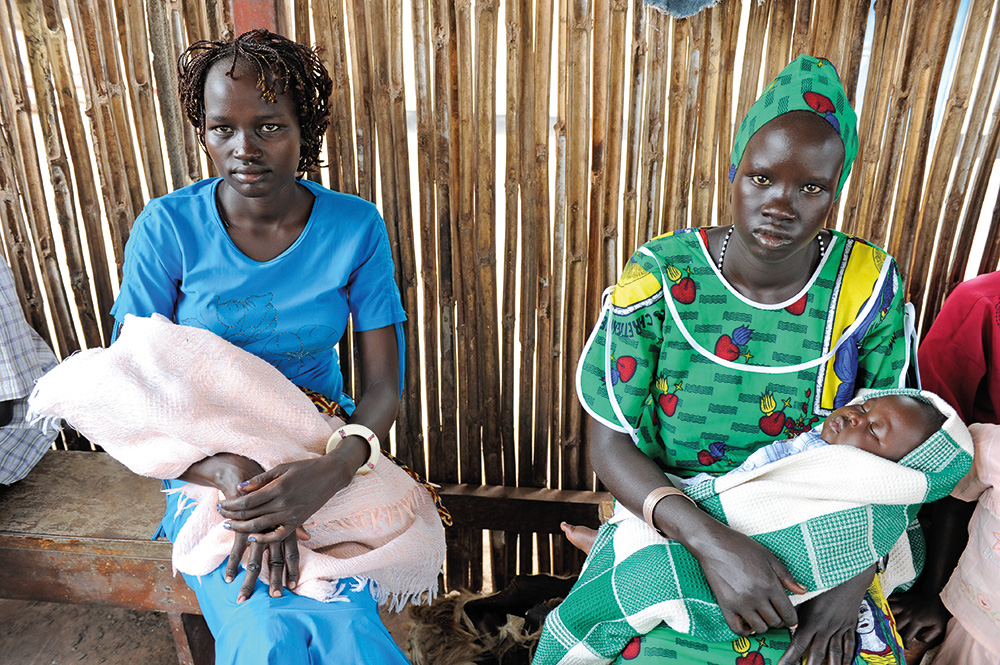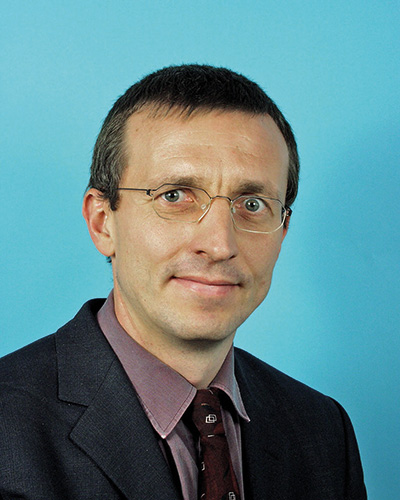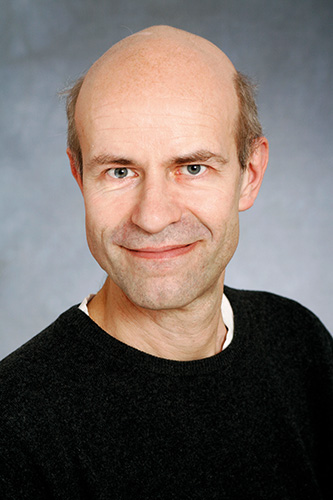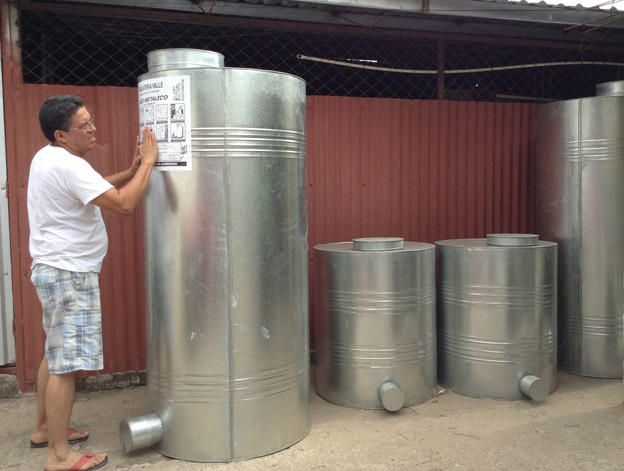“One World – No Hunger” A look at the German Development Ministry’s Initiative
With reference to the “One World – No Hunger” Initiative, Stefan Schmitz shows how food policies can support the attainment of the Sustainable Development Goals and highlights the interdependencies between the individual goals and targets.






